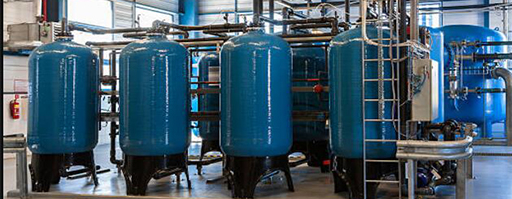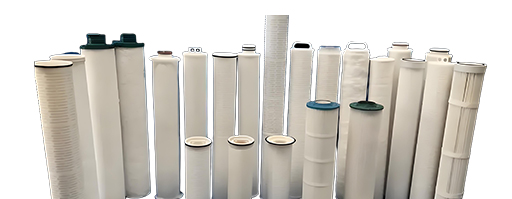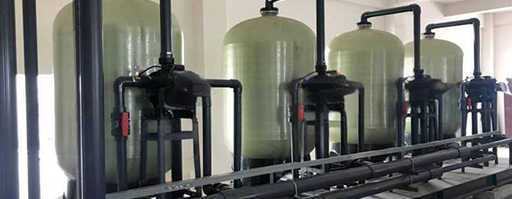Security Filter for a Greener Future
Publication time:2025-06-30
Environmental Gains through Efficient Filtration
Water security filter solutions have evolved far beyond their original role as mechanical safeguards for industrial water treatment systems, now embodying a critical component in the movement toward energy-efficient, environmentally conscious infrastructure across a wide range of commercial and industrial sectors. By optimizing flow dynamics, minimizing energy loss due to pressure drop, and extending the service life of downstream equipment, modern security filters directly contribute to measurable energy savings and water resource conservation in systems that demand reliability without compromising sustainability goals.
Industrial water filter units, when engineered with reduced resistance media and streamlined housing design, can significantly decrease the pumping energy required to maintain target flow rates, especially in large-scale HVAC cooling systems, membrane pretreatment modules, or closed-loop industrial water circuits, where every kilowatt-hour saved compounds over time into substantial operational cost reductions and a smaller carbon footprint. Moreover, by maintaining cleaner systems through more effective filtration, these filters reduce the frequency of maintenance shutdowns, chemical cleaning, or component replacement—each of which has its own environmental and energy cost.
When compared to outdated filtration setups—such as single-layer sand filters or oversized sediment tanks—new-generation Water filtration system technologies integrated with commercial-grade security filters demonstrate superior performance not only in contaminant removal but also in operational efficiency, often requiring lower backwash frequency, reduced water discharge, and faster recovery time after cleaning, making them ideal choices for sustainability-focused facilities.
Sustainable Materials and Responsible Design
Safety filters for water, especially those deployed in green-certified buildings and environmentally regulated industries, are increasingly being manufactured from recyclable materials such as stainless steel, aluminum alloys, or reinforced polymers that can be reclaimed or repurposed at the end of their service life—thereby reducing the volume of industrial waste entering landfills or requiring incineration. Unlike traditional carbon steel filters that often require corrosion coatings or generate hazardous waste during disposal, recyclable filter housings simplify the material recovery process and align with the principles of circular economy.
Water filtration system designs are now integrating filter cartridges made from environmentally responsible materials such as pleated cellulose fibers, sintered stainless steel mesh, or thermoplastics free from toxic additives, allowing for easy recycling and safe incineration. For example, sintered metal elements can be cleaned and reused multiple times before final disposal, while biodegradable filter media options offer a viable solution for industries with stringent environmental compliance targets or “zero landfill” policies.
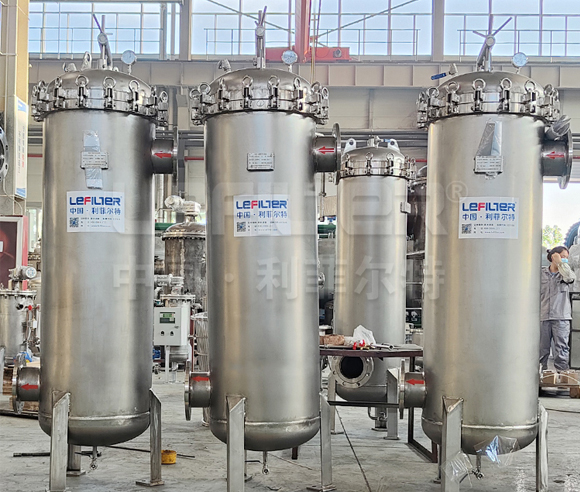
In the commercial sector, Commercial security filters are being adopted by green data centers, sustainable manufacturing facilities, and LEED-certified office towers where building planners and procurement managers evaluate every component based not only on cost and performance, but also its lifecycle environmental impact and ease of end-of-life management. Manufacturers of these filters are increasingly publishing Environmental Product Declarations (EPDs) and including carbon footprint metrics in their datasheets, making it easier for architects, engineers, and ESG auditors to assess their suitability for modern sustainable infrastructure.
Reduced Discharge and Cleaner Operations
Water security filter systems contribute to lower environmental impact not only through materials and energy savings, but also by drastically minimizing polluted water discharge into municipal or natural systems—particularly in industries where pre-treatment, rinsing, or process water flows can carry significant levels of solids, oils, or trace metals that would otherwise burden downstream treatment or pose compliance risks.
In high-flow environments such as beverage production, chemical blending, or textile dyeing operations, deploying advanced Industrial water filter assemblies at the right stages of the process allows for early interception of contaminants, reducing the load on chemical treatment stages, lowering sludge production, and improving the quality of water that can be reused, recycled, or discharged—thus playing a critical role in achieving cleaner industrial operations. Additionally, reduced backwash volume and frequency mean less water is wasted, which is particularly important in drought-prone or water-restricted regions where conservation is not just good practice, but a regulatory obligation.
Beyond heavy industry, Safety filters for water are also being integrated into eco-conscious residential and hospitality developments, where reducing graywater contamination and improving the efficiency of rainwater harvesting systems or greywater reuse networks depends on precise and effective filtration with minimal environmental trade-offs. These systems reduce the reliance on chemical disinfectants and support the integration of biological treatment or UV disinfection, both of which thrive under low-turbidity water conditions made possible by reliable filtration.
Certifications and the Path to Green Compliance
Commercial security filters are now increasingly evaluated not just for their mechanical robustness or throughput capacity, but for their compliance with global and regional green building and energy-efficiency certifications, including LEED, BREEAM, WELL, and national energy conservation standards. Manufacturers that aim to stay ahead in this evolving market are offering filter systems that carry third-party verified eco-labels, such as RoHS, REACH, ISO 14001, and Energy Star (where applicable), ensuring that facility planners can easily integrate these components into certified sustainable systems.
Water filtration system suppliers are also responding to demand by improving transparency around the environmental impact of their products, offering life-cycle analysis reports and encouraging filter reuse, modular replacements, and recyclable packaging to reduce the total environmental footprint. More advanced models incorporate smart features like differential pressure sensors and remote monitoring tools to support predictive maintenance strategies, thereby avoiding unnecessary filter replacements and minimizing downtime and waste.
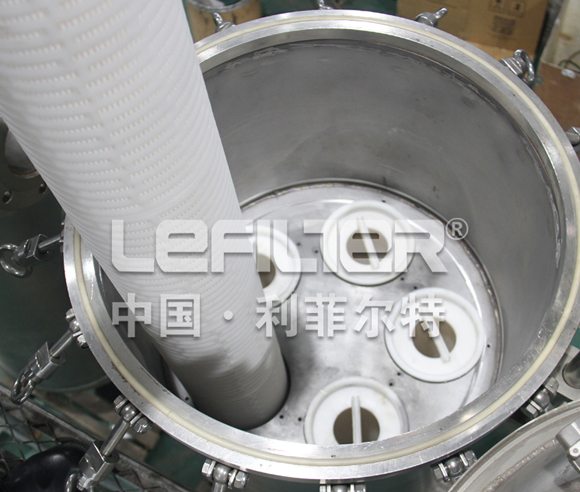
Forward-thinking organizations in industries ranging from microelectronics to commercial real estate are recognizing that integrating Water security filter solutions with verifiable green credentials is no longer a bonus—it’s a competitive and regulatory necessity. Whether for corporate ESG reporting, carbon reduction targets, or utility rebate qualifications, these filters serve not only as process protectors but as vital enablers of comprehensive environmental strategies.

